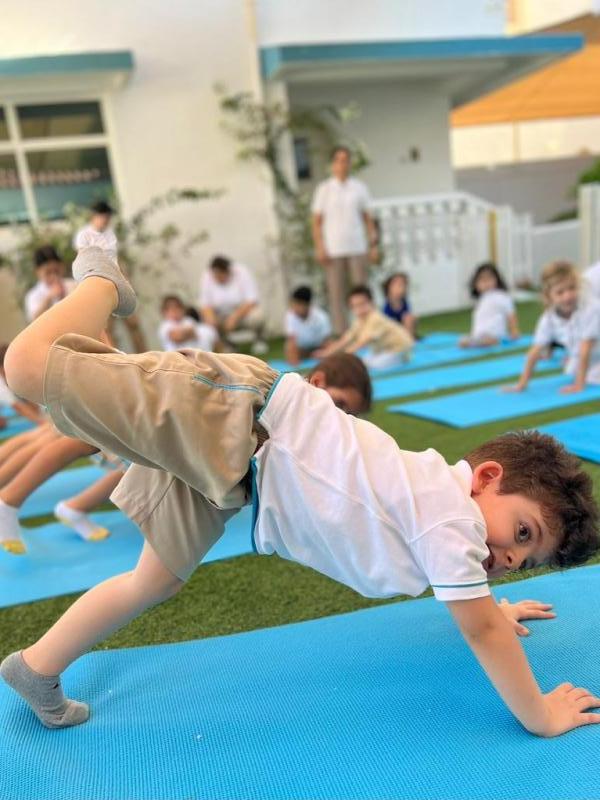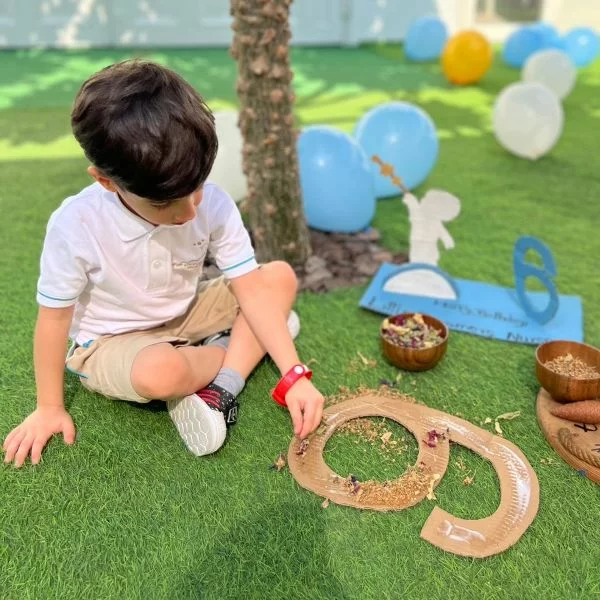We live in a world where success is often celebrated while failure is quietly swept under the rug. As parents, the instinct to shield our children from pain is powerful — we tie their shoes before they trip, intervene before they falter, and sometimes carry their burdens just to make life easier.
But what if protecting them from failure is actually holding them back?
Failure in children isn’t a sign of bad parenting. In fact, it’s often a sign of great parenting. When children fail in safe, supported environments, they don’t just stumble — they stretch. They build grit. They learn to adapt, reflect, and try again. In short, they grow.
If your parenting goal is to raise resilient, capable, emotionally strong adults, it’s time to rethink your relationship with failure.
Why Failure Is Good for Children (Really)
Failure isn’t the opposite of success — it’s part of it. Every mistake offers a lesson, and every setback builds strength. Children who are allowed to struggle and fall early develop parenting resilience that helps them succeed later.
Think of it like this: If we never let our children fall, how will they ever learn to get up?
Research in developmental psychology and neuroscience supports the value of failure in early life. Children who face challenges and recover from them are more likely to develop:
- Stronger problem-solving skills
- Greater emotional regulation
- A growth mindset, where effort matters more than outcome
Dr. Carol Dweck, a leading voice in motivation and development, emphasizes that how children perceive failure can shape their future. If they view failure as a signal to quit, they’ll avoid risks. But if they see it as feedback, they’ll persevere.

The Benefits of Failing Early
Here’s what children gain when we let them fall — and support them through it:
- Grit and Perseverance
When children fail and bounce back, they learn that success often takes multiple tries. That experience builds mental muscle.
- Confidence
Ironically, failure builds self-confidence. Not in the “I’m always right” way — but in the “I’ve survived disappointment and I’m still okay” kind of way.
- Emotional Development
Failure triggers disappointment, frustration, even embarrassment — emotions children need to learn how to manage. Supporting them through this helps them build emotional resilience.
- Risk-Taking and Creativity
Children who fear failure don’t take risks. But when they’re not afraid of failing, they’re more likely to try new things, explore big ideas, and innovate — the building blocks of real achievement.
- Better Coping Skills
Every failure is an opportunity to build healthy coping strategies. Children learn how to reflect, adapt, and move forward — key life skills for adulthood.
How to Let Children Fail — Safely
Letting go doesn’t mean abandoning. It means allowing safe, age-appropriate failure while staying emotionally available. Here’s how:
✅ Let them struggle with challenges
Don’t jump in to fix everything. Whether it’s a tricky puzzle or a forgotten homework assignment, give them space to figure it out.
✅ Validate, don’t rescue
When they’re disappointed or upset, respond with empathy: “That must feel really frustrating,” instead of “It’s okay, I’ll fix it.”
✅ Celebrate effort, not just outcomes
Praise things like persistence, creative problem-solving, and reflection: “I loved how you kept trying even when it was hard.”
✅ Share your own failures
Talk openly about your mistakes and what you learned. It normalizes setbacks and helps them feel less alone.
“I have not failed. I’ve just found 10,000 ways that won’t work.”
— Thomas Edison
✅ Encourage post-failure reflection
Ask, “What would you do differently next time?” This builds a mindset of growth rather than defeat.

Your Story Is Their Blueprint
Children learn by watching us. If they see you navigating failures with perspective and humor, they’ll learn to do the same. That’s why one of the best things you can do this week is this:
Call to Action: Share a “Failure Story”
At dinner or bedtime, share a story of a time you failed — maybe a job interview, a school exam, or even a parenting moment gone wrong. Focus on what you learned and how it helped you grow.
Then ask your child:
- “Have you ever failed at something that turned out okay later?”
- “What did it feel like?”
- “What would you do differently next time?”
These small moments open the door to emotional connection and lifelong lessons.
Final Thoughts: Failure Isn’t the End — It’s the Beginning
If we want to raise strong, adaptable, emotionally intelligent children, we have to stop cushioning every fall. Real resilience — the kind that lasts into adulthood — is forged in the moments when children stumble, struggle, and slowly learn to stand tall again.
So let them fail. Be their guide, not their fixer. Cheer them on, not by clearing the path, but by walking it with them.
👉 For more on building emotional strength, check out our post on Building Resilience in Children
And remember: Falling down isn’t failing — staying down is.








